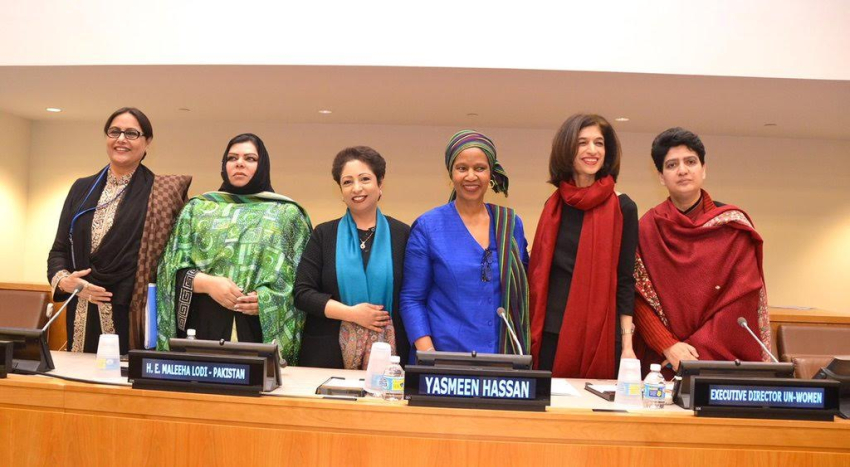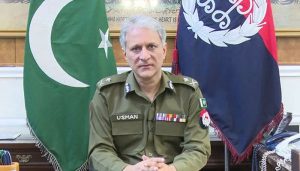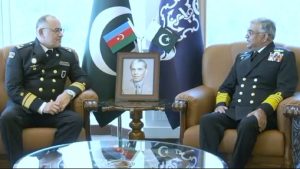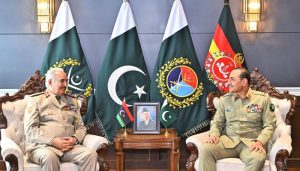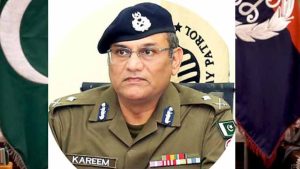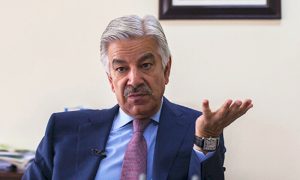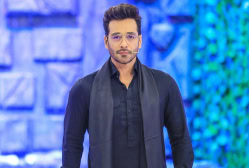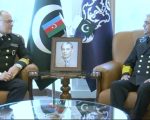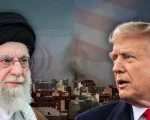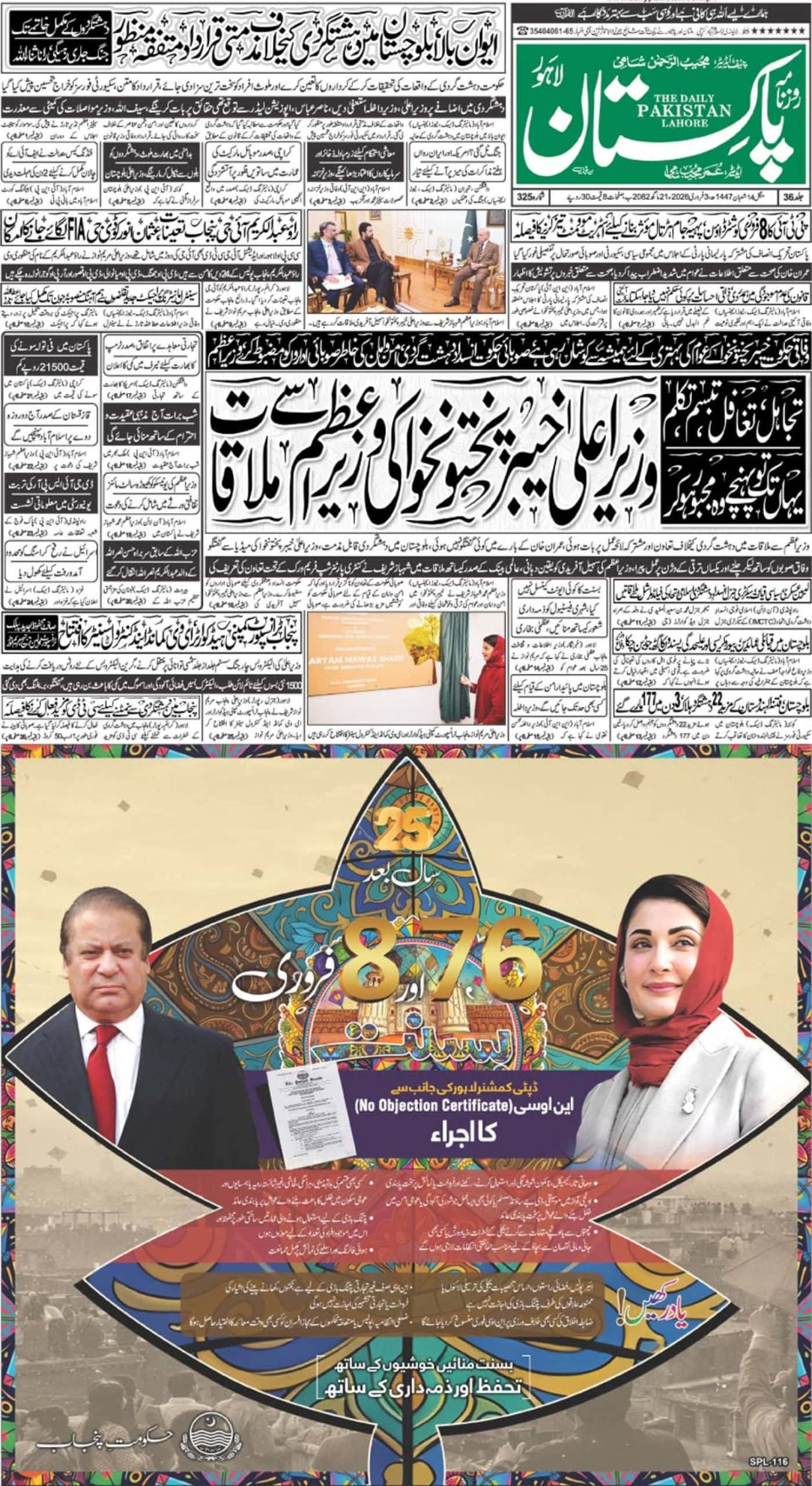NEW YORK (Staff Report) – A screening of the Oscar winning documentary “A Girl in the River” by Sharmeen Obaid Chinoy, was held at the UN to a packed-to-capacity hall.
It was organized by Pakistan’s Mission to the UN and co-sponsored by UN-Women in conjunction with Equality Now. As a side event during the 60th annual session of the of Commission on Status of Women (CSW), the film and panel discussion which followed, attracted an audience from all over the world.
Members of the Pakistan delegation, currently in New York to represent the country at CSW meetings, were also present. When Pakistan’s Ambassador to the UN, Dr.Maleeha Lodhi introduced Raheela Durrani as the country’s first female Speaker of the Balochistan Assembly there was spontaneous applause from the audience.
The Pakistani envoy’s main message at the event was that while Pakistan faced challenges in improving the status of women and ending harmful practices and crimes such as honor killings it had also produced extraordinary women who had broken the glass ceiling to reach the top of their professions.
The film was much appreciated by the audience who also engaged in the lively panel discussion and question-answer session that was moderated by Ms.Yasmeen Khan of Equality Now.
In her opening remarks in the discussion, Pakistan’s Ambassador Maleeha Lodhi said that the presence of so many people from so many different parts of the world at the event would ensure that the message of the film will be dissminated far and wide. “And I am sure this is what Sharmeen would have wanted”, she added.
Describing the film as “powerful and moving” Ambassador Lodhi said that in Pakistan its first showing took place at Prime Minister House, which signaled the government’s commitment to protect women against such horrific crimes.
She told the audience that Prime Minister Nawaz Sharif said after watching the film, that customs and practices like honour killings have nothing to do with the divine principles of Islam and that his government was determined to adopt all possible means to remove this stain from our society.
She said the Prime Minister believes that the empowerment, protection and emancipation of women was essential for achieving the goal of a prosperous and vibrant Pakistan.
The Prime Minister, she said, has also directed the authorities concerned to plug the loopholes in existing laws in order to eliminate honour killings from the country.
The Pakistani envoy also told the audience about the Protection of Women against Violence Bill 2015, adopted the Punjab Assembly that criminalizes all forms of violence against women, including domestic, sexual, psychological, emotional, economic and verbal.
But beyond laws it is societal attitudes that have to change to give women their due place and put an end to violence against them, she said, and also pointed out that this was a global challenge.
Responding to a question on the role of the media, Ambassador Lodhi said that it has a pivotal role to play in changing mindsets. She also emphasized that the education of both girls and boys is necessary to bring about a change in social attitudes, and that the economic empowerment of women was the key to their ability to take control of their destinies and act as independent actors.
Speaking as a panelist, Phumzile Ngucka, Executive Director of UN-Women said that honour killings was a complex issue which needed a comprehensive response from all segments of the society and emphasized the need for pro-women legislation. She also appreciated Prime Minister Sharif’s commitment to leading this effort.

